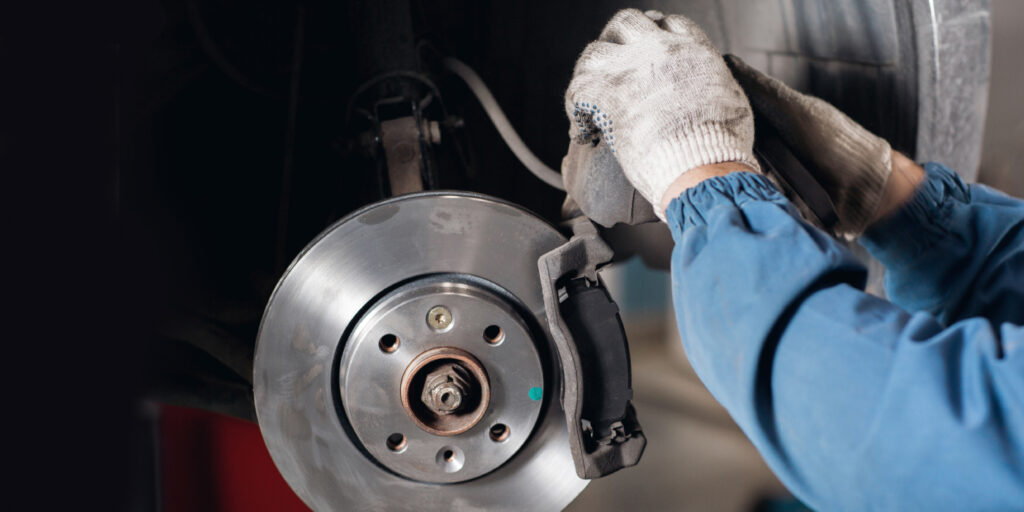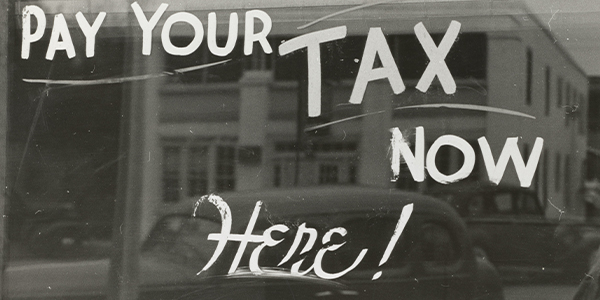By Richard Lipton, CPA
Richard L. Lipton CPA & Associates LLC
www.liptoncpa.com
Businesses can take several measures at the end of the year to reduce their tax burdens in 2010. Here’s a rundown of best options.
Purchase New Business Equipment
The Section 179 deduction for equipment purchases was increased again in 2010 under the recent passage of the Small Business Jobs Act of 2010. Businesses can elect to expense (deduct immediately) the cost of most new equipment up to $500,000 (subject to a dollar-for-dollar reduction in that $500,000 for purchases over $2,000,000).
Further, a business can take bonus depreciation of 50% on the amount of capital expenditures in excess of $2,000,000, and then take normal depreciation on the rest.
Note: Many states have not matched these amounts and, therefore, state tax may not allow for the maximum federal deduction. In this case, two sets of depreciation records will be needed to track the federal and state tax impact.
If you plan to purchase business equipment this year, consider the timing. You might be able to increase your tax benefit if you buy equipment at the right time. Here’s a simplified explanation:
Conventions: The tax rules for depreciation include “conventions” (rules) for determining how many months of depreciation you can claim. The conventions that come into play with equipment are:
1. The half-year convention: When the half-year convention applies, all property that you begin using during the year is treated as “placed in service” at the midpoint of the year. This means that no matter when you begin using the property, you treat it as if you began using it in the middle of the year.
Example: You buy a $40,000 piece of machinery on Dec. 15. If the half-year convention applies, you get one-half year of depreciation on that machine.
2. The mid-quarter convention: The mid-quarter convention must be used if the cost of equipment placed in service during the last three months of the tax year is more than 40% of the total cost of all property placed in service for the entire year. If the mid-quarter convention applies, the half-year rule is out the window, and you treat all equipment placed in service during the year as if it were placed in service at the midpoint of the quarter in which you began using it.
Tip: Don’t forget to tell your accountant about any equipment purchases you’re planning. He or she should be able to examine the timing of these purchases so you can take full advantage of these tax rules.
Other Year-End Moves
Partnership or S Corporation Basis: Partners or S corporation shareholders in entities that have a loss for 2010 can deduct that loss only up to their basis in the entity. However, they can take steps to increase their basis to allow a larger deduction. Basis in the entity can be increased by lending the entity money or making a capital contribution by the end of the entity’s tax year.
Caution: Remember that by increasing basis, you’re putting more of your funds at risk. Consider whether the loss signals further troubles ahead.
Retirement Plans: Self-employeds who have not yet done so should set up self-employed retirement plans before the end of 2010.
Dividend Planning: Dividends you cause your corporation to pay qualify for the reduced 15% (or 5%) rate in the hands of stockholders, including you as a stockholder. Such a dividend may reduce the risk of a tax on accumulated corporate earnings.
Budgets: The need for a business budget may seem obvious – but many companies overlook this critical business planning tool. A budget is extremely effective in making sure a business has adequate cash flow and, thus, in ensuring a business’s financial success.
That’s why every business, from the smallest to the largest, should have a budget. Once the budget has been created, then monthly actual revenue amounts can be compared to monthly budgeted amounts. If actual revenues fall short of budgeted revenues, expenses must generally be cut.
Tip: Each year-end, business owners should get together with their accountants to budget revenues and expenses for the coming year.
Article courtesy of TIRE REVIEW magazine.













